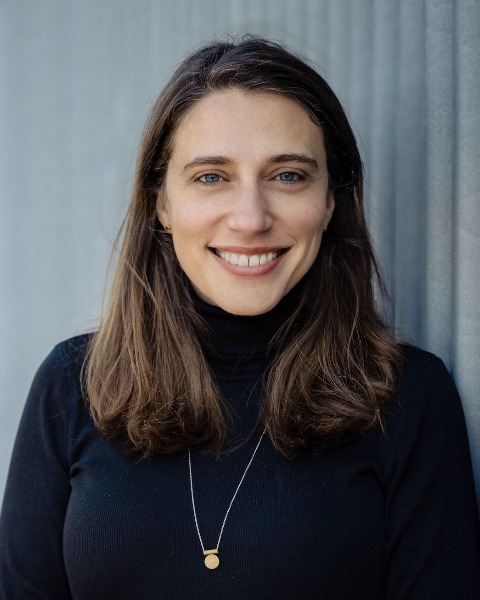Community engagement
Equity and justice in genetics
Return of results and incidental findings
Paper Session E3
Nothing About Us Without Us: Sharing Relevant Results with Communities that Provide Genomic Data
Tuesday, June 11, 2024
1:30 PM – 3:00 PM ET
Location: Hub 2

Sarah LeBaron von Baeyer, PhD (she/her/hers)
Director of Ethics & Engagement
Variant Bio
Speaker(s)
Amidst the din of debate in ethical conduct of genomic research over the past several decades, the call for returning results to the communities that provide genetic and other biomedical research data has been clear. Sharing results with those directly affected, as opposed to circulating data only within scientific, industry, and academic circles, has come to fall within the wider umbrella of benefit-sharing and capacity-building initiatives that underpin a more equitable biomedical research relationship. Yet despite generalized agreement that returning results is a necessary step toward combating extractive research practices, knowing what results to return and how to do so is a fundamental ethical challenge in the field that persists in the absence of practical guidance and institutional policies. Here, we respond to that call by providing case studies from industry-funded genomic research projects in Madagascar, French Polynesia, and the Faroe Islands that afford examples of how results return can be implemented across different geographies, study designs, and project budgets. In this model, conversations around aggregate-level results return are integrated into a community engagement process that precedes and informs study completion. Returning aggregate-level genomic results and other relevant data is one of several pillars of an ethical approach to research, and it is our intention here to offer practical models to help facilitate other researchers in implementing the return of results in both industry and academic contexts.
Authors: Sarah LeBaron von Baeyer, Variant Bio; Rebecca Crocker, University of Arizona; Rindra Rakotoarivony; University of Antananarivo; Jean Freddy Ranaivoarisoa; University of Antananarivo; Tristan Pascart, Lille Catholic University; Vehia Wheeler, Australia National University; Tehani Mairai; Variant Bio; Noomi Gregersen, Faroe Genome Project; Fernando Racimo; University of Copenhagen; Stephane E. Castel, Variant Bio; Laura Yerges-Armstrong, Variant Bio; Keolu Fox, University of California, San Diego; Kaja Wasik, J. Craig Venter Research Institute
Authors: Sarah LeBaron von Baeyer, Variant Bio; Rebecca Crocker, University of Arizona; Rindra Rakotoarivony; University of Antananarivo; Jean Freddy Ranaivoarisoa; University of Antananarivo; Tristan Pascart, Lille Catholic University; Vehia Wheeler, Australia National University; Tehani Mairai; Variant Bio; Noomi Gregersen, Faroe Genome Project; Fernando Racimo; University of Copenhagen; Stephane E. Castel, Variant Bio; Laura Yerges-Armstrong, Variant Bio; Keolu Fox, University of California, San Diego; Kaja Wasik, J. Craig Venter Research Institute